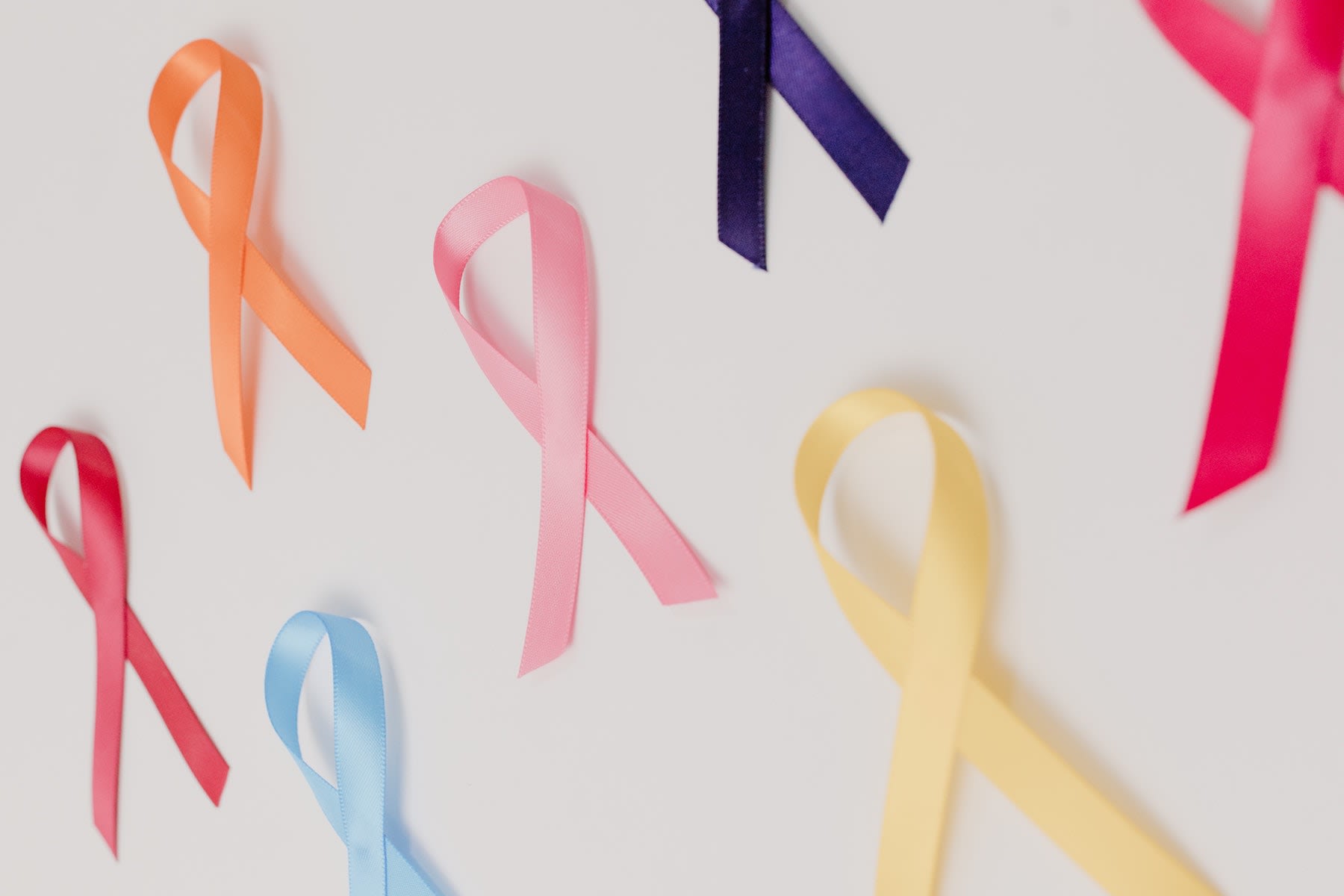The pre chemo guide to sex

It’s hard to imagine anything less sexy than receiving a cancer diagnosis—especially if it’s still new. Finding out you have cancer and knowing that the challenging road of treatment and recovery still lay ahead can be really tough on the psyche, and disruptive on countless levels: mental, emotional, spiritual, physical, and yes, sexual.
While the chances of getting diagnosed with cancer increase with age, facts are facts: a person can be diagnosed with cancer at any age, and cancer rates are actually rising in young adults and teenagers; overall cancer rates increased in all young adult age groups between 2007 and 2016. Compared to older age groups with cancer, younger patients tend to have a higher risk of longer-term effects such as infertility or sexual dysfunction. Really, this is simply by virtue of being younger and having more time left in this world, as well as having the sex hormones of a younger person.

You’re not ‘doomed’ to any particular experience
While there are a wide variety of treatment options and scenarios depending on the specifics of your case, chemotherapy—in one form or another, and for one duration or another—is among the most common recommendations for treatment.
Know this: your sex life won’t necessarily be affected by your treatments. Nothing is a given. Some people carry on with their sex lives as normal, even during treatment, so try not to get ahead of yourself by reacting to stats or the experiences of others. Understandably, however, this is difficult considering all the information about the possible sexual side effects of chemotherapy which are readily accessible. The anticipation and uncertainty combined can make for an especially potent case of anxiety and/or depression, which, can, all on its own, affect your sex life before treatment even starts.
Sex: post diagnosis, pre chemotherapy
While the specifics of your case (i.e., type and stage of cancer, overall health, and relationship to sex) can factor heavily into your experience, it’s completely normal for a cancer diagnosis to affect your sexual identity, body image, and confidence.
If you’re feeling actively ill, overwhelmed by thoughts about your own mortality, or simply stressed out of your gourd about everything to do with everything, your sex life may be the last thing on your mind. For those who of us with a strong sexual bond to a partner, facing a serious illness is bad enough without having to worry about the effect that loss of libido may have on our relationship. Sometimes, it can feel like you’re shouldering the weight of not one, but two people’s emotions, and you may even imagine that navigating cancer would be easier if you were single. Hell, you may even imagine things would be easier without having to worry about the emotions of your family and friends. While this is completely understandable, the more supportive people you can surround yourself with, the better—even if it makes you feel more vulnerable than you ever wanted to feel.
Communication is queen
What’s the most powerful antidote to uncertainty and anxiety known to humanity? Why, strong ’n steady communication of course.

If you're worried about the effects chemotherapy may have on your sex life, don’t hesitate to have a discussion with your doctor or nurse prior to your treatment. They’ll be able to clarify general side effects you might (or might not) expect from your treatment, as well as how these side effects might (or might not) affect your sex life. Certain types of cancer, for instance, put you more at risk of such effects than others. Whether you’re in a relationship or not, if sex is an important element in your life, you need to have this talk so you can go into it armed with all the information available to you. After all, knowing more may even help you to take measures which help mitigate or even avoid certain side effects. Never hesitate to ask your doctor all the questions.
If you are partnered, it’s also important to discuss your feelings and worries with your SO. Although the chances you will have problems with sex are relatively small, your partner may be concerned as well. It’s always best to air concerns, be they mutual or not, because this helps to cultivate a united front—always a boon on your path back to good health. Many cancer patients have actually reported that their partner relationship had grown stronger since their diagnosis, even in cases where a sexual dysfunction needed to be overcome.
Meaningful help is out there
Sadly, some medical providers are not knowledgeable about and/or are uncomfortable discussing their patients’ sex lives. That said, there are physicians, physical therapists, and sex therapists out there that are specialized, and more than equipped to help. Additionally, there are professional associations like the International Society for the Study of Women’s Sexual Health and the Sexual Medicine Society of North America that can help connect you with a range of helpful resources.
You got this. <3



